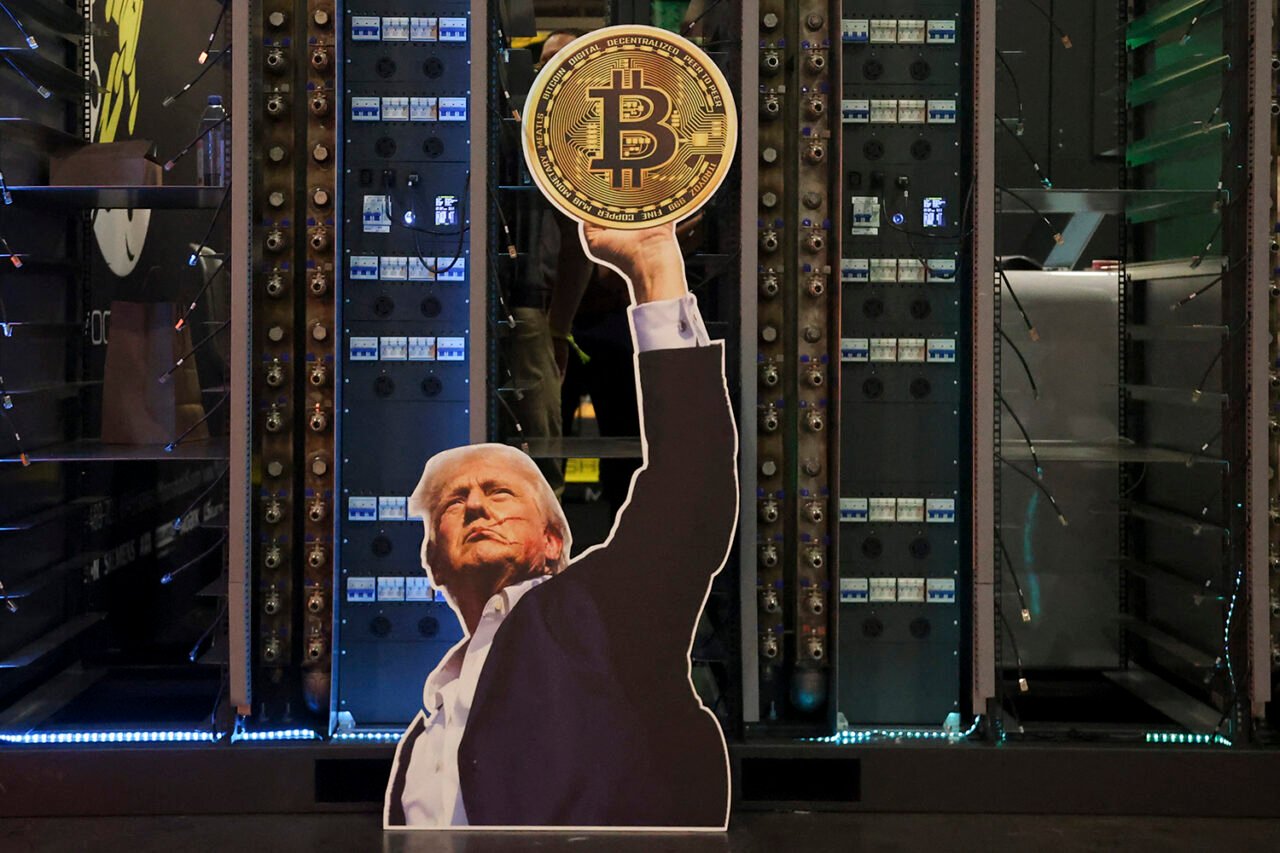Two developers of the Bitcoin privacy app, Samourai Wallet, have received prison sentences for their roles in facilitating money laundering. Keonne Rodriguez was sentenced to five years in prison, while William Lonergan Hill received a four-year term. These sentences, handed down in recent weeks, have sparked significant backlash among Bitcoin users and advocates for financial privacy.
The Samourai Wallet is a non-custodial Bitcoin wallet designed to enhance privacy in transactions. Despite its intention, the wallet’s structure included some centralized elements, as the developers operated servers and charged fees for certain features. Critics point out that the app was also utilized by criminals and sanctioned entities, particularly highlighted on social media platforms.
These developers’ sentences relate to the use of their software in money laundering activities, a charge that resonates with the previous conviction of Changpeng “CZ” Zhao, the former CEO of the cryptocurrency exchange Binance. In 2023, Zhao pled guilty for failing to implement adequate anti-money laundering measures at Binance and subsequently received a pardon from Donald Trump. Reports indicated a potential business relationship between Zhao and Trump-affiliated crypto interests, raising allegations of corruption and quid pro quo.
Currently, a petition on Change.org is urging Trump to pardon the two Samourai Wallet developers. Despite this plea, there is no evidence suggesting any direct connection between the developers and Trump or his associates. The absence of a pardon could complicate perceptions surrounding Zhao’s pardon, particularly as the developers’ sentences are significantly longer than Zhao’s four-month term.
While both Zhao and the Samourai Wallet developers faced similar legal scrutiny, their business models differed. Samourai Wallet aimed to protect user privacy, contrasting sharply with Binance’s centralized exchange operations, which exerted considerable control over user funds. Some observers note that Binance’s business practices were built around lax standards for monitoring user transactions, raising questions about the fairness of the differing sentences.
There is a potential avenue for change as the Clarity Act, which has passed the House of Representatives, is currently under discussion in the Senate. This legislation could potentially provide protections for Bitcoin developers and node operators, addressing some concerns raised by the recent cases.
Trump’s history with cryptocurrency includes previous pardons, such as that of the convicted operator of the Silk Road darknet market. This precedent leaves room for optimism among supporters of the Samourai Wallet developers, who hope that a pardon could still be considered in the future.
As the situation continues to evolve, the implications for Bitcoin developers and the broader cryptocurrency landscape remain significant, highlighting the complex interplay of law, technology, and politics in the digital finance world.







